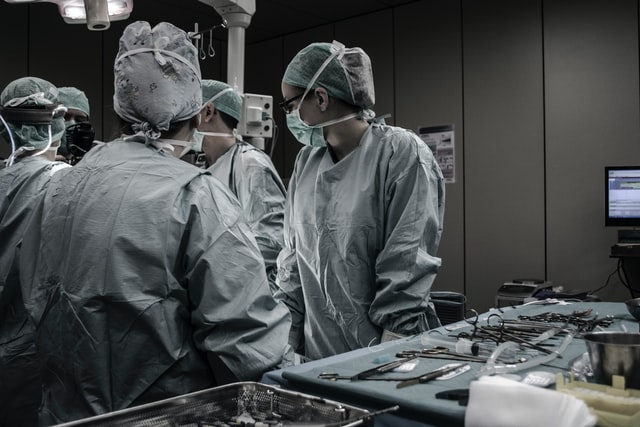You’re thinking about studying in Germany? Great, because in this article we’ll go over the whole admissions process for German universities and colleges.
In this post I’ll be writing from the experience of Bjorn Rambi, an international student from Albania who’s now studying at LMU Munich.
This article is focused on bachelor’s (undergraduate) studies, and will approach admissions from an academics-focused student’s perspective.

